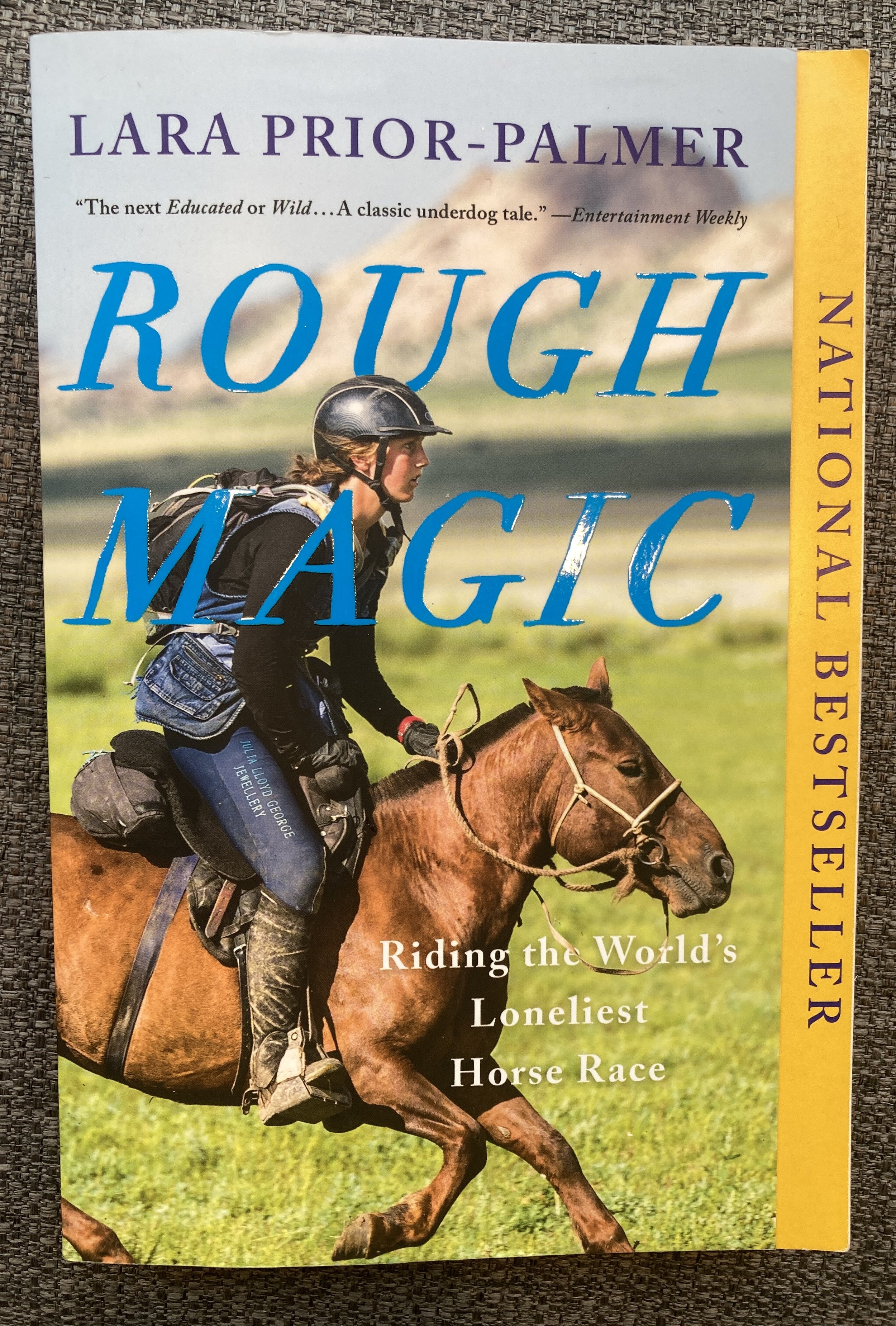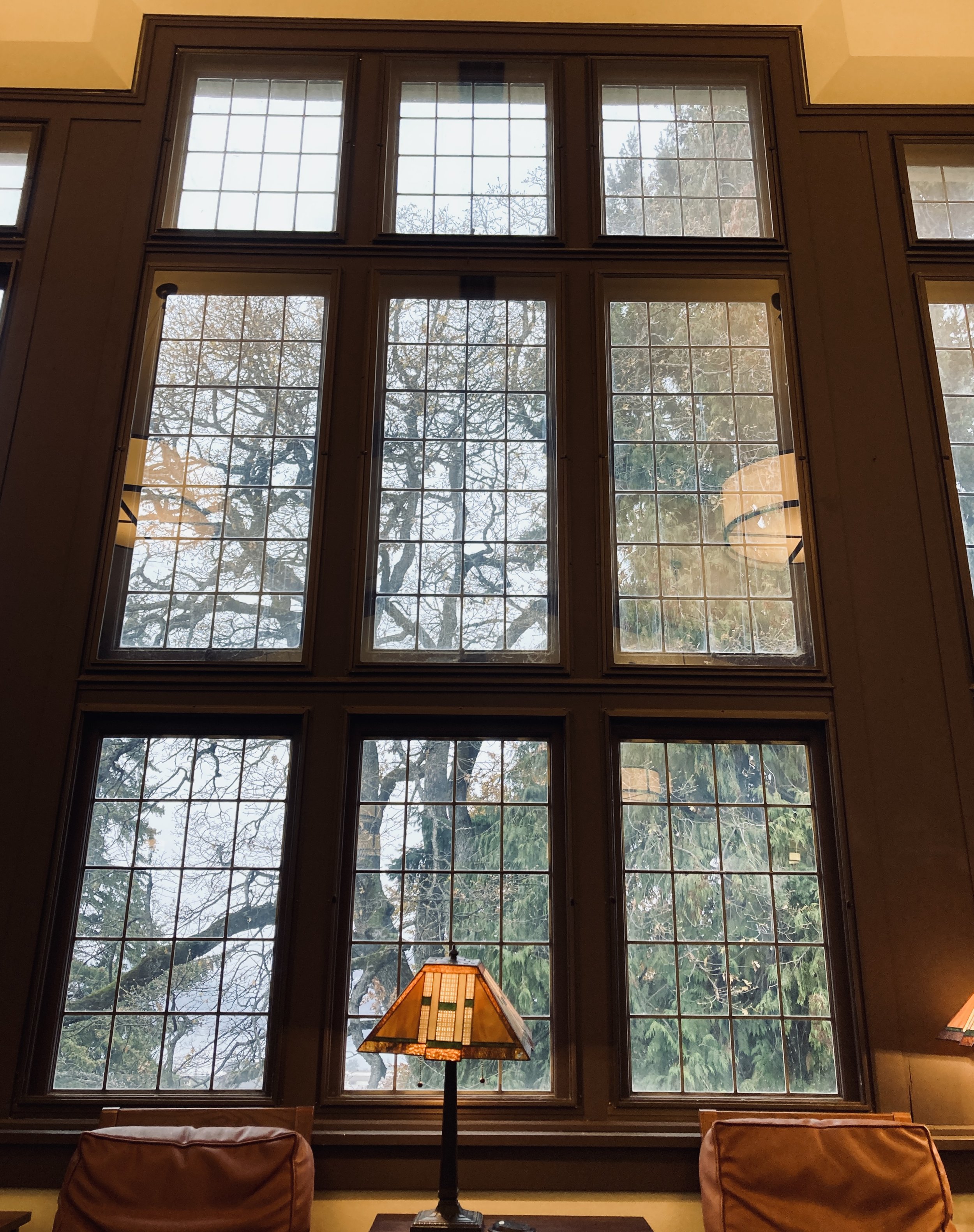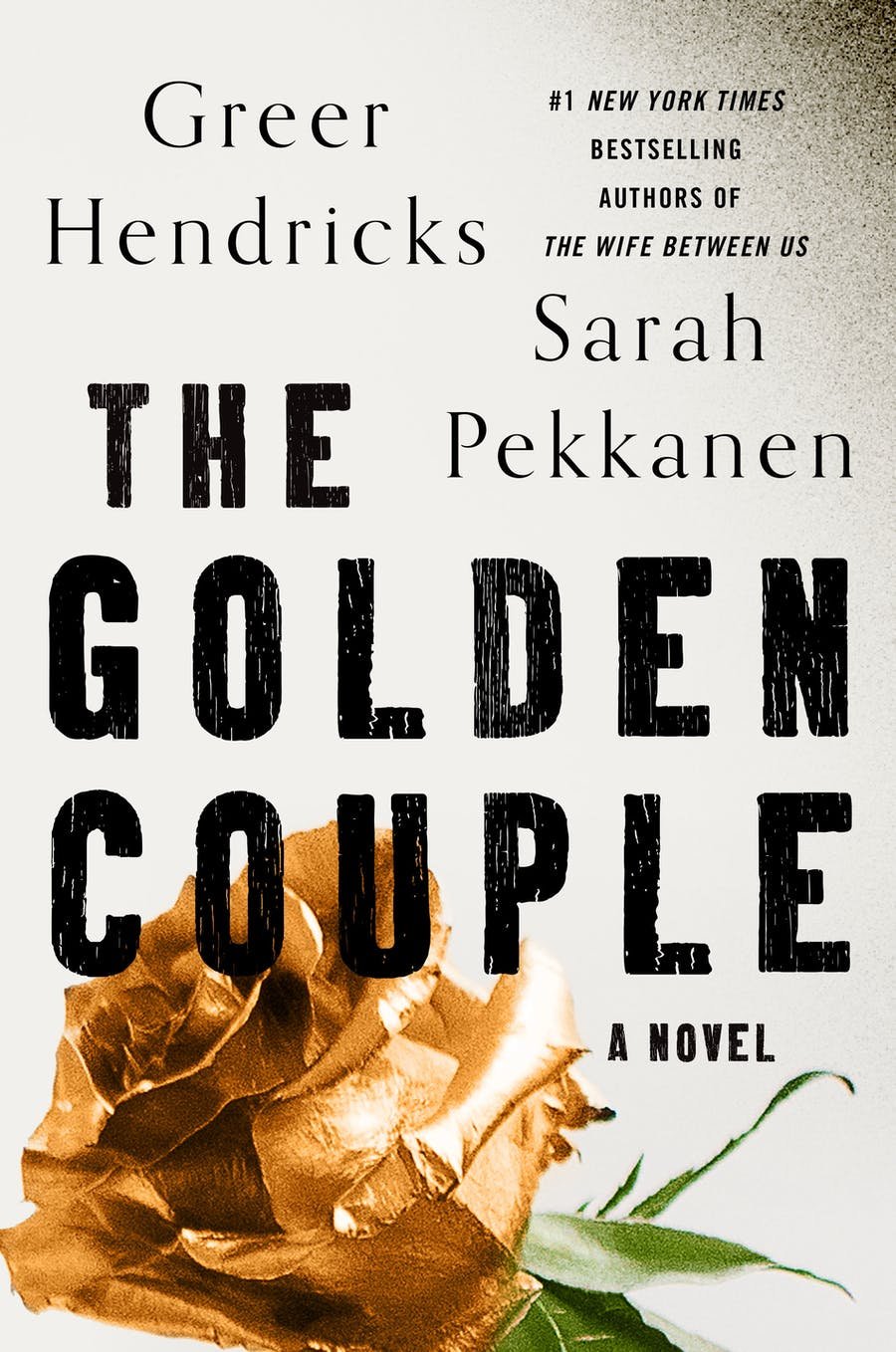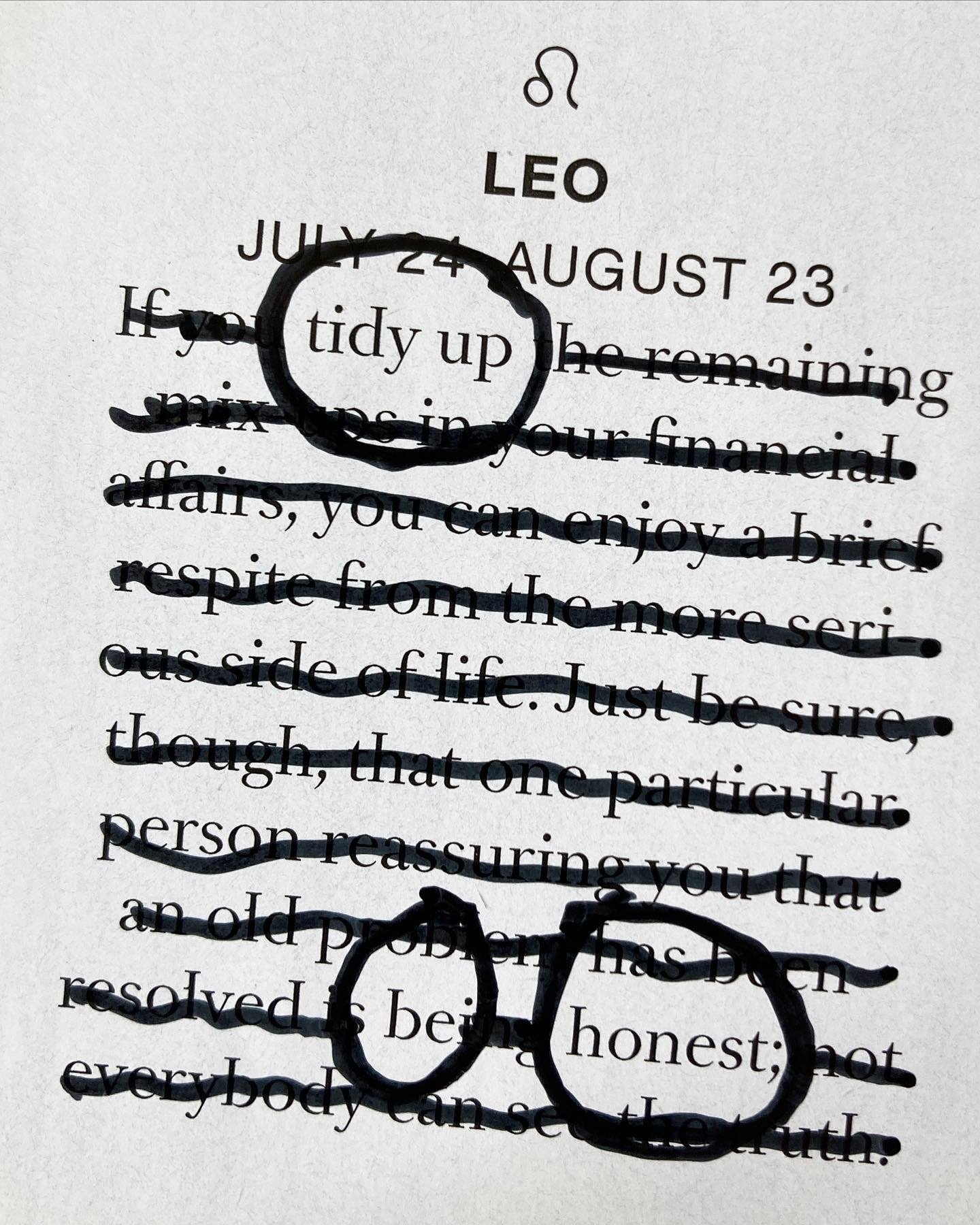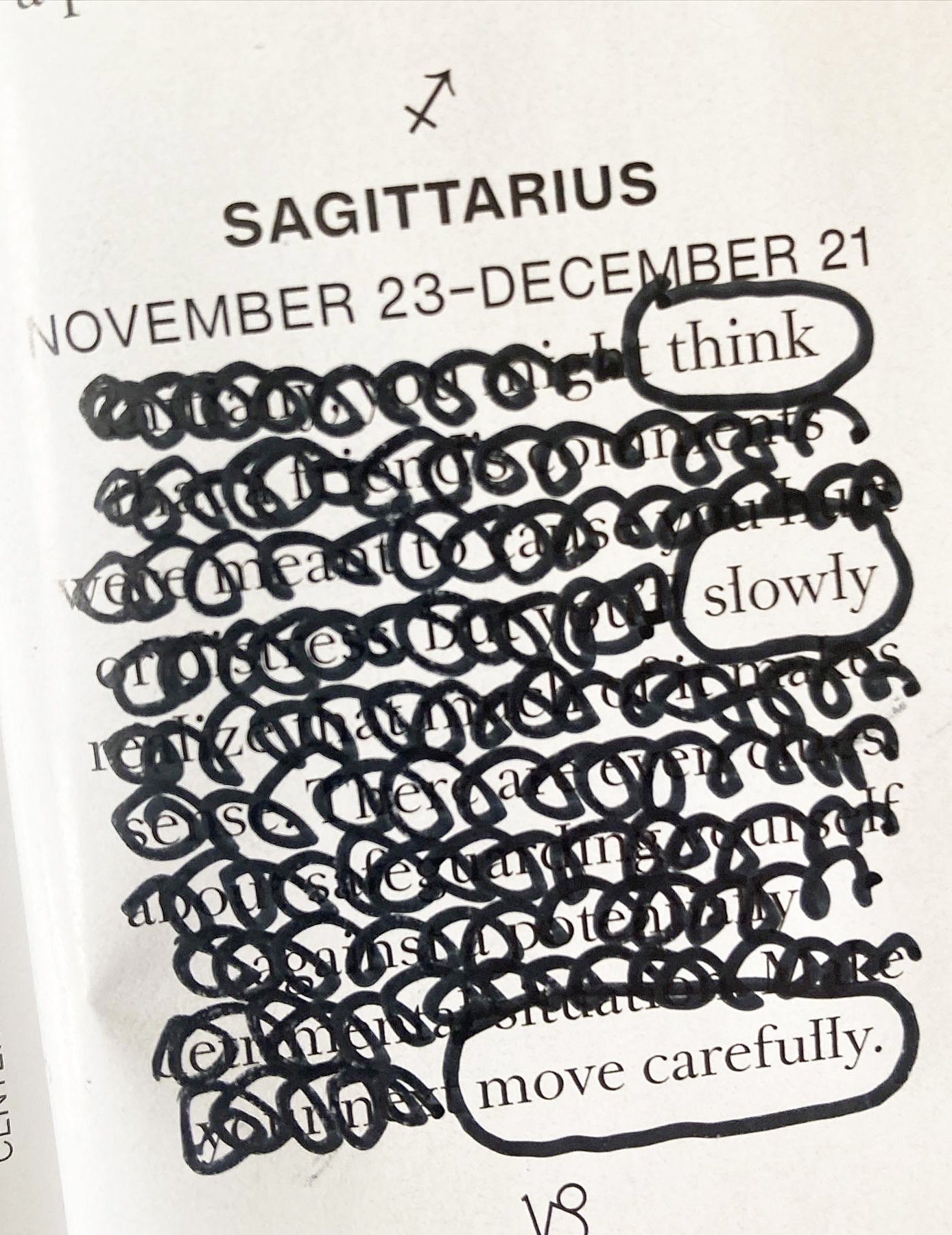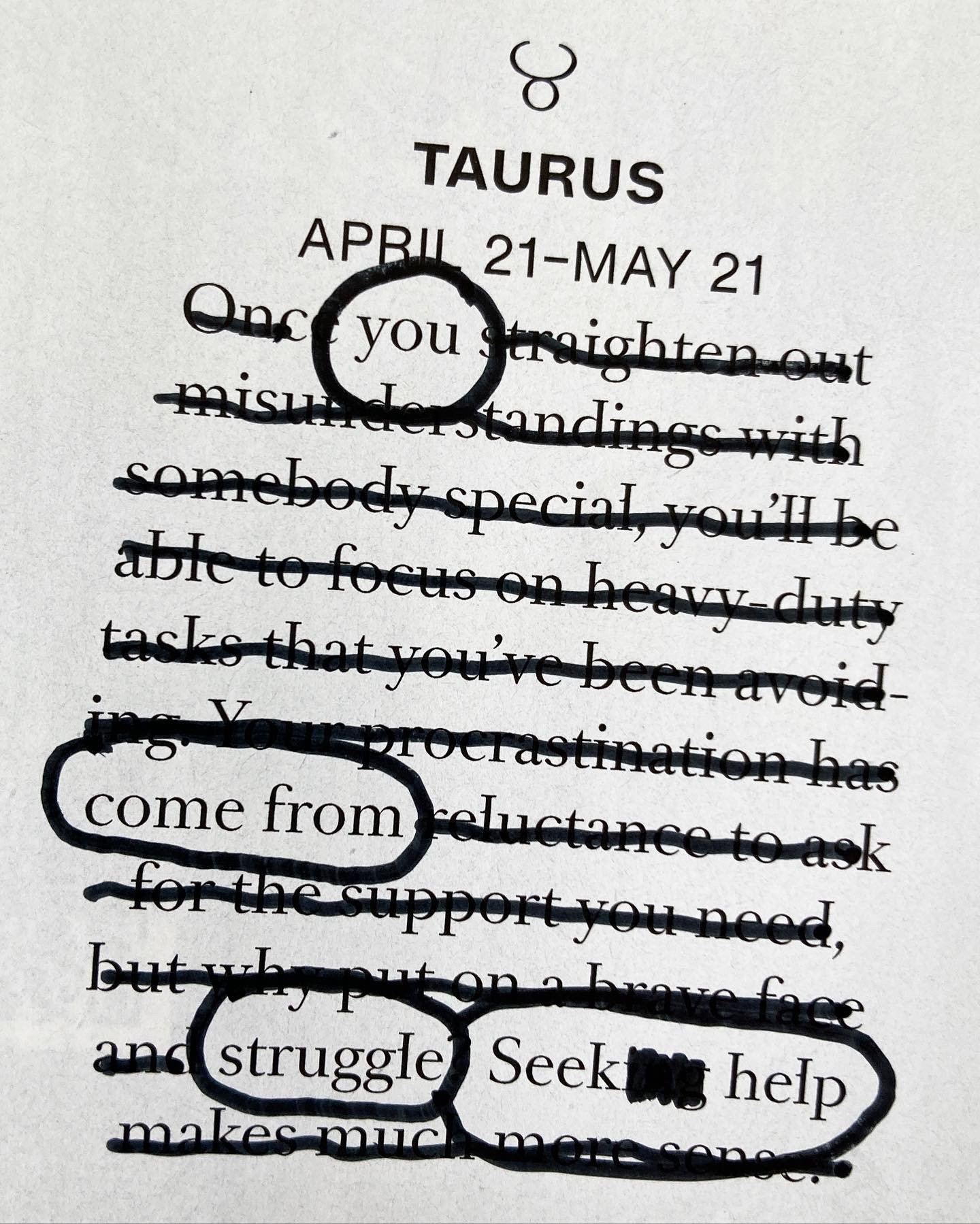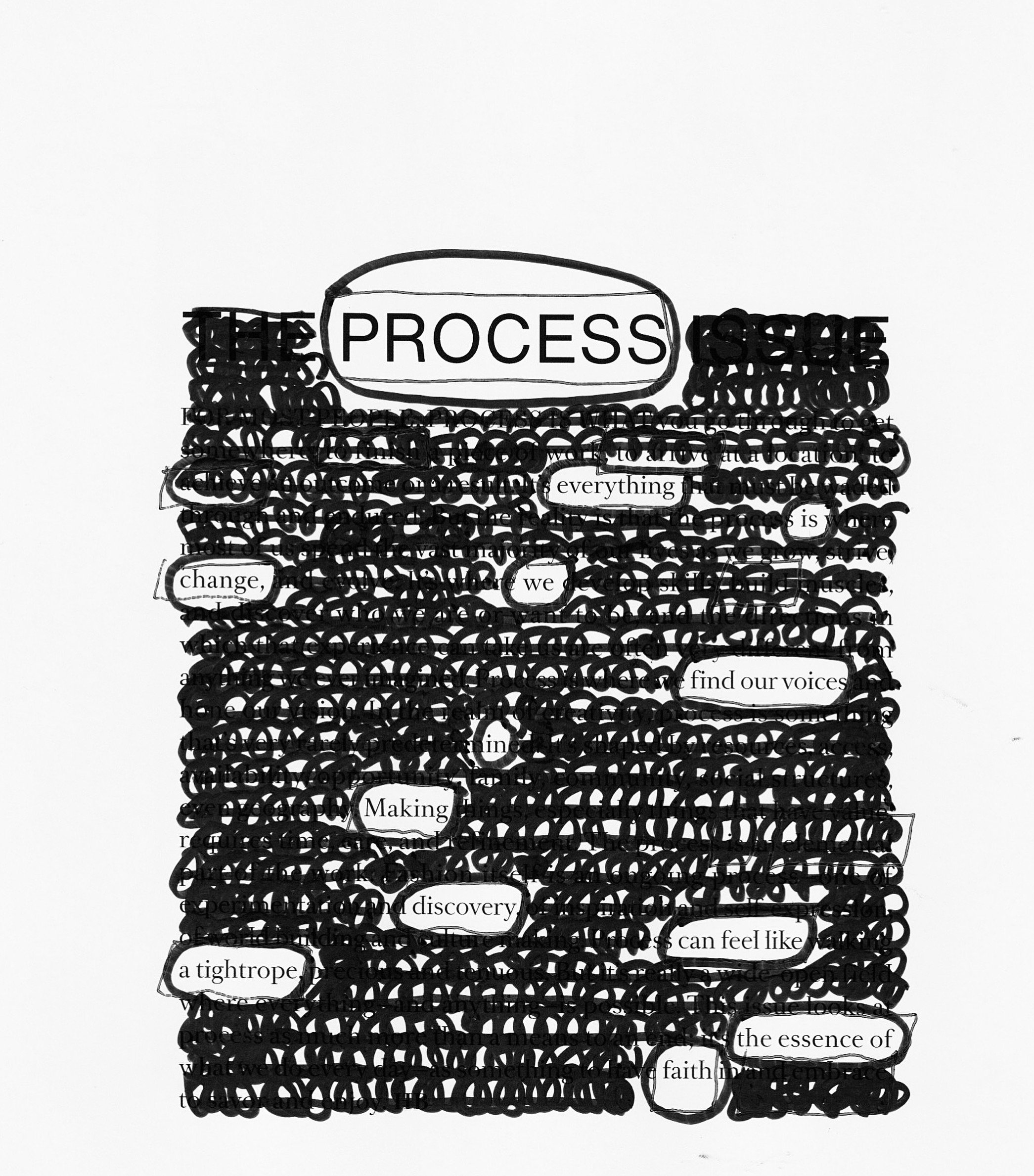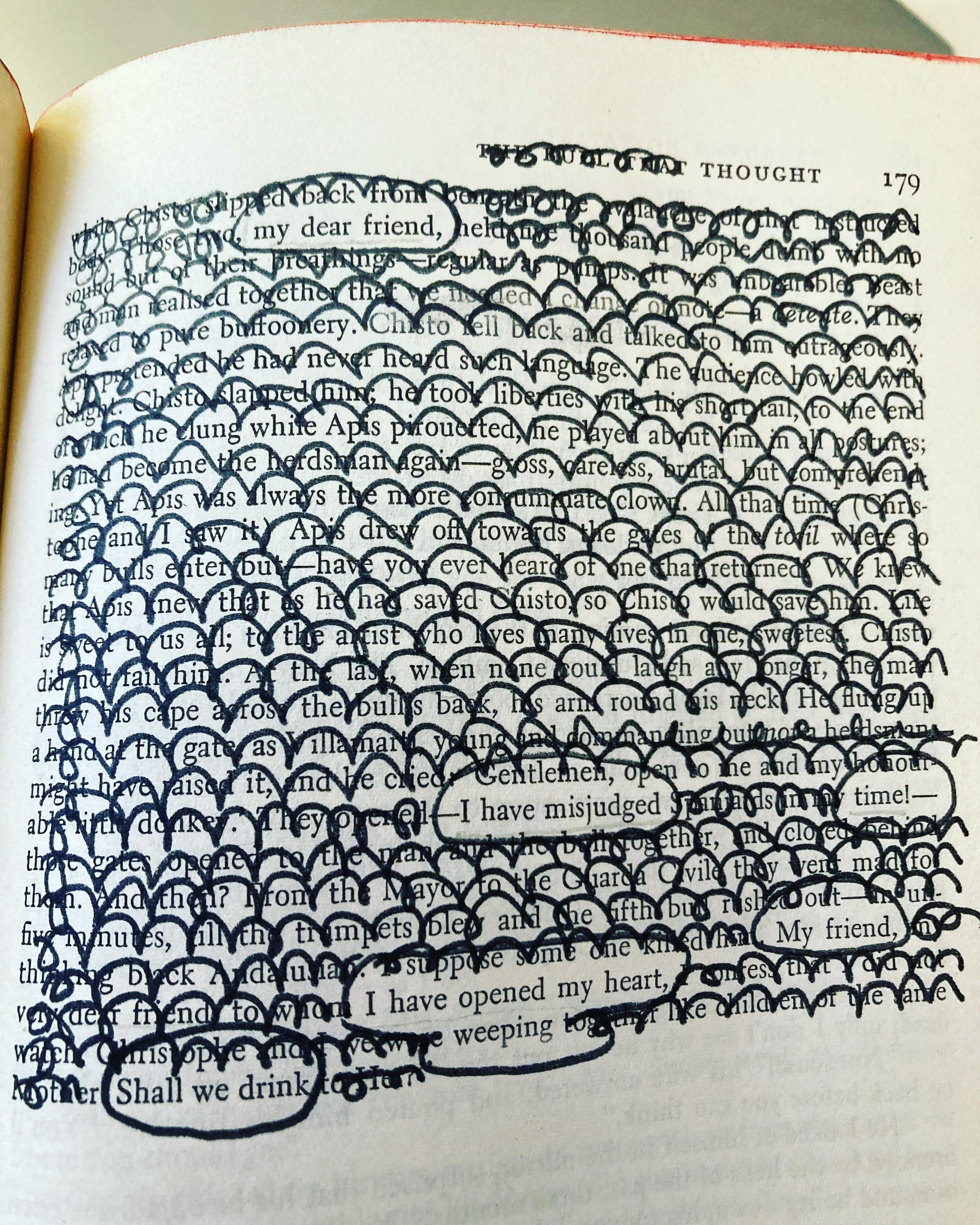Are you in the liminal space — the time between Christmas and New Year that lingers at a languid inbetween pace? I feel neither here nor there. It’s not a bad feeling, really, but there is a quality of un-presence that feels a distant cousin to uncertainty.
Where are you? Can you hear me calling into the void?
The end of year is traditionally a time of reflection. We wrap up, weigh, evaluate — just before diving headstrong and determined to do things differently. Uggh, no resolutions for me. I’ll stick to my time-worn commitment: read, sleep, eat.
On that note, let’s wrap up the year with books. Here’s a list of favorite books enjoyed in the past year.
NON-FICTION
Rough Magic: Riding the World's Loneliest Horse Race
by Lara Prior-Palmer
I'm not a horse-person and I loved this book. An unexpected story that ventures well beyond the typical sports-story drama. The writing is drifting, descriptive, poetic, and oddly wonderful. The story unfurls in thought-full pondering with a fallible narrator who tenders unexpected realness.
I Am, I Am, I Am: Seventeen Brushes with Death
by Maggie O'Farrell
A story of health challenges beautifully and deftly told. This kind of creative and intense literary skill is what turns readers into writers; we long to write with such beauty and weight.
Wild Game: My Mother, Her Lover, and Me
by Adrienne Brodeur
An emotionally complex and extremely addictive memoir that reads like a captivating novel.
FICTION
Notes on Your Sudden Disapearance
by Alison Espach
Stunning! This novel is a sad and heavy story but so, so, good. Masterfully rendered and alive with characters written with depth, perception and tenderness. (Also recommend her earlier novel: The Adults)
The Five Wounds
by Kirstin Valdez Quade
A tender and redemptive novel spanning one year in a family of five generations. This novel is an unexpected gem, rich with characters who are beautifully flawed. I quickly grew attached to this complicated family and I'm eager for the next novel from this author.
I Married You For Happiness
by Lily Tuck
This is a love story that is tragic, ordinary, and extraordinary — all at the same time. Beautifully told in elegant stops and starts that mimic memory and grief.
POETRY (AND DICTIONARIES)
Bough Down
by Karen Green
Lovely, unusual, beautiful and sad. This evocative 'story' is told in spare but full language that makes you both slow and rush, all at once — combined with small images of text-based art.
Dear Memory: Letters on Writing, Silence, and Grief
The Trees Witness Everything by Victoria Chang
This was the year I found Victoria Chang (she's written nearly a dozen books, what took me so long?!). In Trees, Chang constrains language and by distilling thought she masterfully enlarges emotion. In Memory, she weaves letter, poetry, and memory to create a moving story of family, past and present.
The Dictionary of Obscure Sorrows
by John Koenig
I read the dictionary.
I thought it was a poem
about everything.
— Steven Wright
This unusual reference book is a "compendium of new words for emotions" — and from the first passage I'm hooked. Page after page, word after word, this is an evocative and utterly original exploration. It's not a poetry book, or a traditional reference book. It's a door, an entry, a delight for thinkers, writers, readers, feelers.
All the Words
by Magda Kapa
Poet and photographer Magda Kapa created an innovative "private dictionary of aphorisms, epigrams and "naked verses." Each entry is no more than 140 characters, creating an economy of essential thought and feeling.
Mistake: mostly done again and again until it has a name.
Light: the idea of a tomorrow.
Dream: memory fast forward.
Age: our body's cage
* * *
What are you reading? Any favorites from 2022?
The world turns on words, please read & write.
If you like this blog, please subscribe here for delivery directly to your email. And please share on your social network of choice or forward to a friend.


